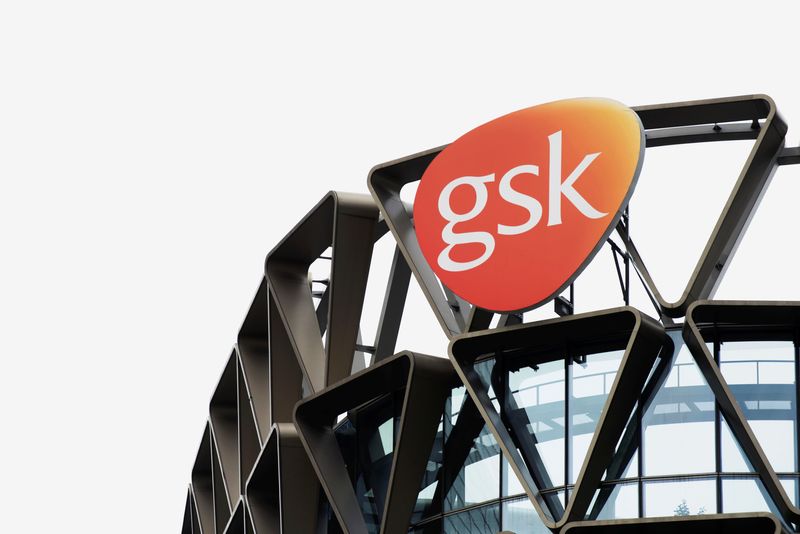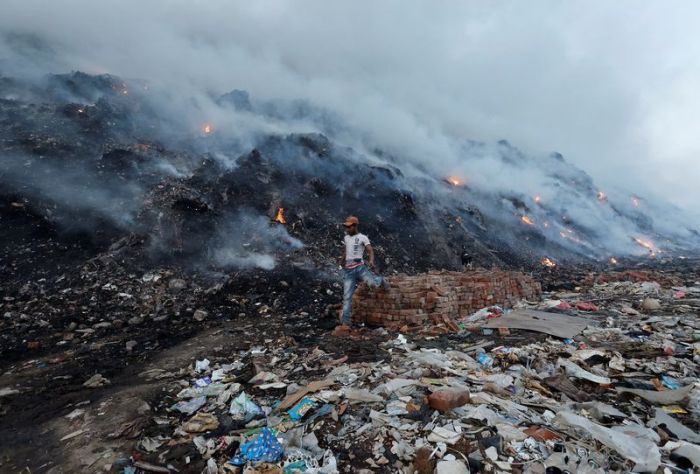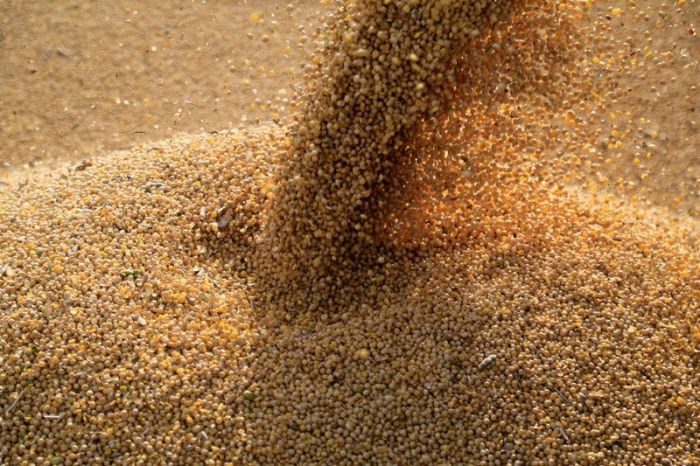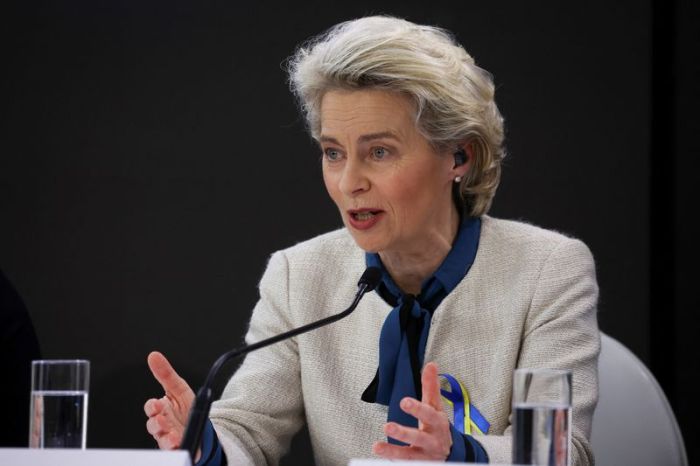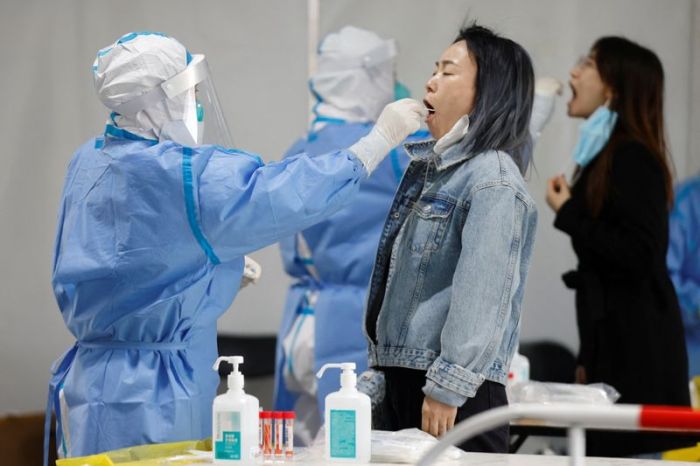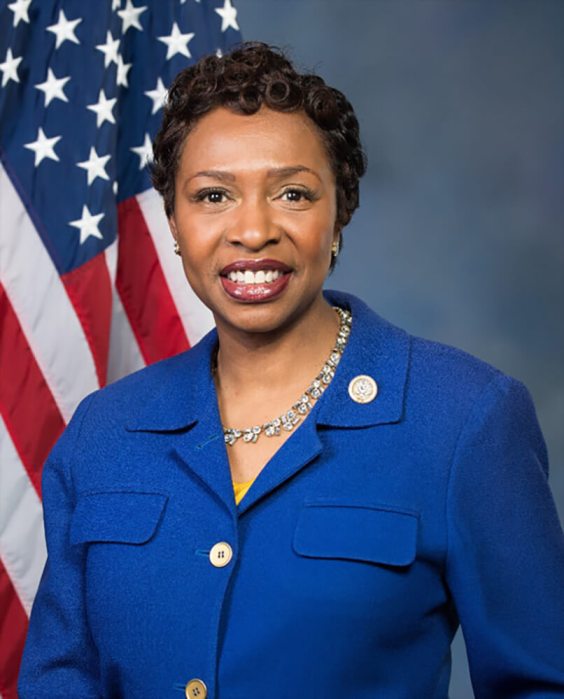(Reuters) – GSK beat first-quarter sales and earnings forecasts on Wednesday, helped by demand for its COVID-19 therapy and shingles vaccine, as the drugmaker moves towards the July separation of its consumer health business.
Shares of the British company, which also reiterated its 2022 financial forecasts, were up about 1.7% at 1110 GMT.
The spin-off of the consumer health arm, home to Sensodyne toothpaste and Advil painkillers, has increased focus on GSK’s drugs business, with CEO Emma Walmsley facing pressure from activist investor Elliot to beef up its pipeline of treatments.
This month, GSK agreed to buy Sierra Oncology for $1.9 billion. In a media call on Wednesday, Walmsley indicated the group continued to have an appetite for deals.
Turnover in the three months to March 31 was boosted by 1.3 billion pounds ($1.6 billion) in sales from COVID-19 antibody treatment Xevudy, developed with Vir Biotechnology.
Sales of the drug – known chemically as sotrovimab – beat analysts’ expectations of 1.1 billion pounds and were in line with what the therapy brought in over the course of 2021.
However, recent data suggested the therapy was unlikely to be effective against the BA.2 subvariant dominant in top buyer the United States. As a result, U.S. regulators have pulled the therapy off the market in the region.
GSK is continuing discussions with governments outside the United States where it remains authorised, Walmsley said.
Sales of Xevudy and other COVID-related products are not included in the company’s 2022 guidance. GSK continues to forecast underlying revenue growth of 5-7% and underlying operating profit growth of 12-14% for this year.
The waning of the pandemic has helped GSK as it has seen some under-loved parts of its portfolio start to recover, Hargreaves Lansdown analyst Laura Hoy said.
For instance, Shingrix, GSK’s top selling vaccine, saw a resurgence in demand in the quarter, following disruption to adult immunisations during much of the pandemic. “We’re seeing definite underlying demand return,” Walmsley said.
The shingles vaccine generated 698 million pounds in quarterly sales, beating analyst estimates of 528 million.
“Key revenue driver Shingrix’s performance was encouraging … although recent data points to prescription levels still significantly below pre-pandemic volumes. Longer term, mRNA vaccines pose a threat,” Third Bridge analyst Sebastian Skeet said.
Overall, the quarterly results show the company bouncing back from a fall in demand for some products last year, but there are no guarantees this outperformance will be repeated in the quarters to come, AlphaValue analyst Amandeep Goyal said.
UKRAINE CRISIS
GSK is pressing on with the spin-off the consumer health business, now called Haleon, even though many companies have delayed or abandoned listing plans amid market jitters over the Ukraine crisis.
The company, whose business in Russia and Ukraine accounts for less than 1% of sales, saw an increase in costs in the quarter, partly due to provisions it set aside for the crisis. GSK did not offer a breakdown of those provisions.
The London-listed company has very limited clinical trial activity in Ukraine, and has pressed pause on any new clinical activity in Russia.
“We’re trying to maintain continuity wherever possible,” said Walmsley, adding GSK was not anticipating any significant impact on development programmes as a result of the crisis.
(Reporting by Pushkala Aripaka in Bengaluru and Natalie Grover in London; Editing by Edmund Blair and Mark Potter)

